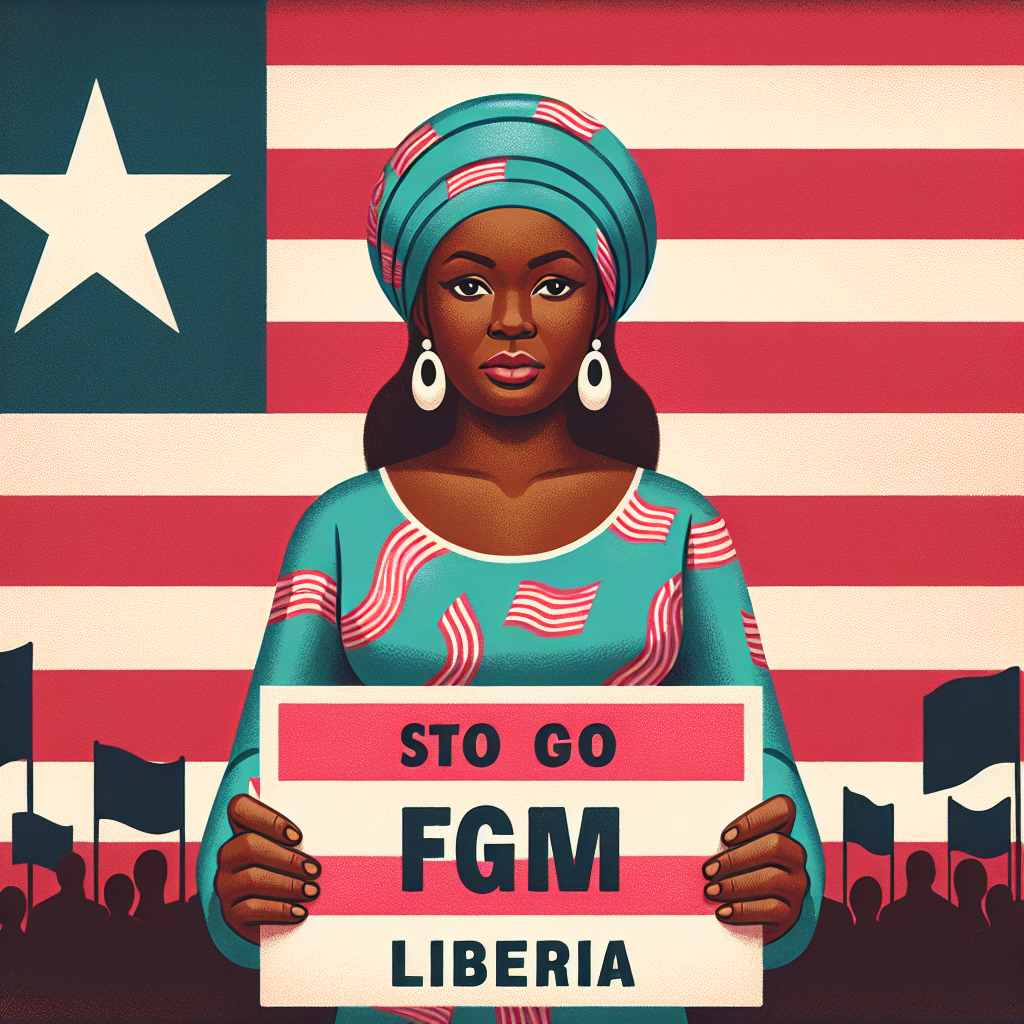Liberia Needs to Legislate Against FGM Now
Liberia Needs to Legislate Against FGM Now
Introduction
Female Genital Mutilation (FGM) remains a critical human rights issue in Liberia, where the practice continues to affect the lives of many women and girls. Despite international pressure and local advocacy, the country has yet to implement comprehensive legislation to ban FGM. This summary explores the urgent need for legal action and the potential impact of such measures.
The Current Situation
FGM is a deeply rooted cultural practice in Liberia, with significant implications for the health and rights of women and girls. The lack of legislation against FGM perpetuates its prevalence and hinders efforts to eradicate it.
- FGM is practiced in several regions of Liberia, often justified by cultural and traditional beliefs.
- The absence of a legal framework allows the practice to continue unchecked.
- Efforts by local and international organizations to combat FGM face significant challenges without legislative support.
Why Legislation is Crucial
Implementing laws against FGM is essential for several reasons:
- Protection of Rights: Legislation would safeguard the rights of women and girls, ensuring their bodily autonomy and freedom from harm.
- Health Benefits: Banning FGM would prevent the numerous health complications associated with the practice, including infections, childbirth complications, and psychological trauma.
- International Obligations: Enacting laws would align Liberia with international human rights standards and commitments.
Challenges to Legislation
Despite the clear need for legal action, several obstacles hinder the passage of anti-FGM laws:
- Cultural Resistance: Deep-seated cultural beliefs and traditions pose significant resistance to legislative change.
- Lack of Political Will: Political leaders may be reluctant to address FGM due to its sensitive nature and potential backlash from traditional communities.
- Resource Constraints: Limited resources and infrastructure can impede the effective implementation and enforcement of laws.
Conclusion
Legislating against FGM in Liberia is a critical step towards protecting the rights and health of women and girls. While challenges exist, the benefits of enacting such laws are substantial, offering a path towards a more equitable and just society. It is imperative for Liberia to prioritize this issue and take decisive action to end FGM once and for all.






































